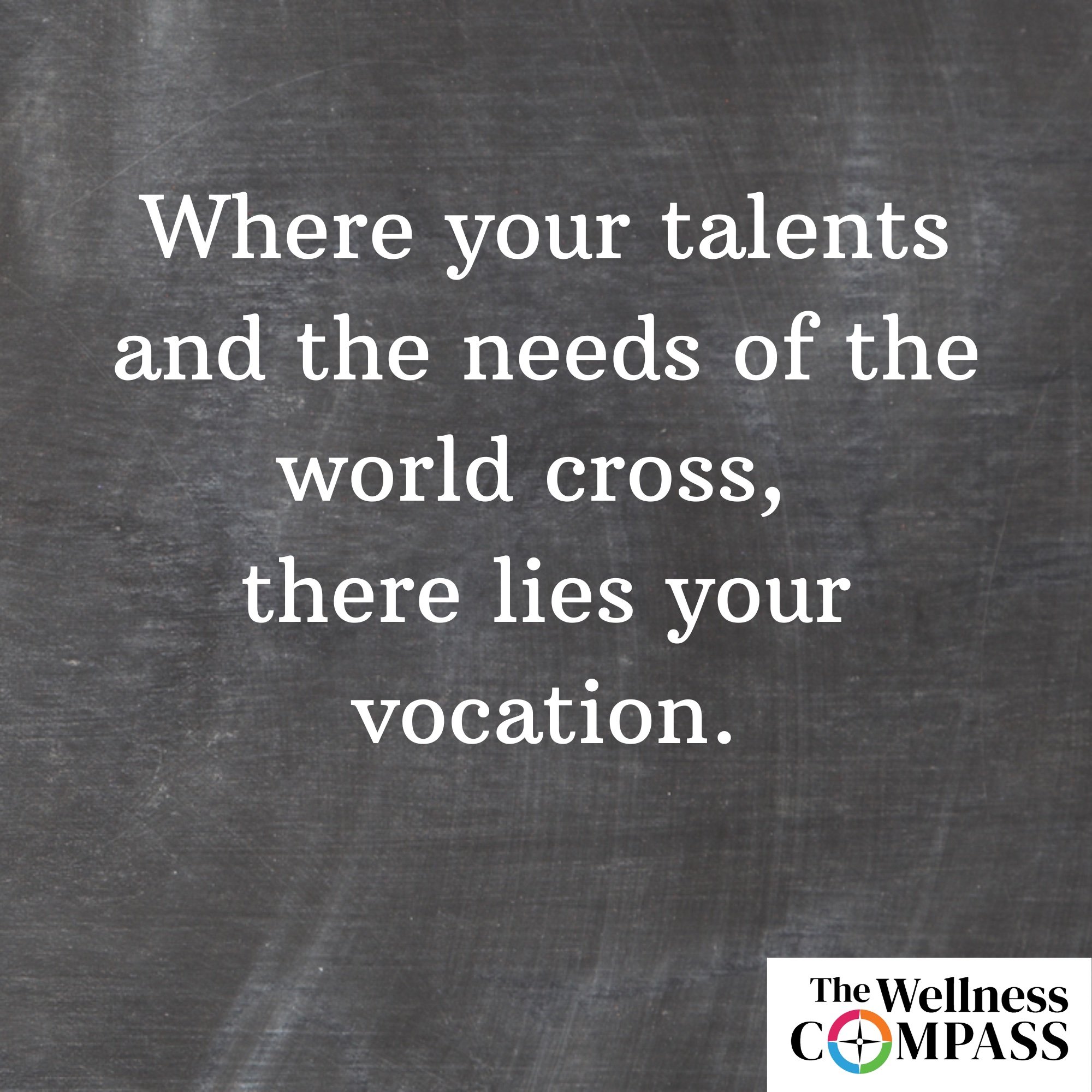Standing in Love
As Valentine's Day approaches, the topic of love will, of course, be the center of attention, with a primary focus on the feelings associated with love. Thought will be given to how to create the feeling of love, sustain it, and rekindle the feeling if it begins to fade.
We are taking a little different approach. We are not going to focus on the feelings of love on Valentine's Day, but instead, we will focus on some thoughts about love. These thoughts apply to all expressions of love--the love of a spouse, a partner, a child, a parent or other family member, and/or a friend.
The first thought about love we'd like to offer is that love is as much a decision as it is a feeling. Feelings in any relationship ebb and flow. Emotions, like moods, can take on a cycle of their own and can seldom be trusted as an accurate measure of the strength of a relationship. For this reason, it's wise to recognize that love is not only a matter of the heart, but is also very much an act of the will. An exhausted parent, for example, who lovingly cares for a sick child, or a person who becomes a caregiver to a loved one is most likely making a decision to be loving, even while their feelings of love may ebb and flow.
Imagine there is an unresolved conflict between two people who care about each other. This conflict, in this example, has created strain in the relationship, even to the point where they hardly speak to each other anymore. Now imagine one person, uncomfortable with this, decides to reach out to the other person and begin a process of healing and reconciliation. They likely are making that decision hoping it will lead to a restored feeling of closeness and connection. They are deciding to act in a loving way, even if the feeling of love is not currently present.
When the topic of love is considered, the focus is often on the feelings associated with falling in love. Popular culture often focuses on and celebrates the "falling in love" stage of a relationship. If a person knew nothing else about love except what the media portrays, one would think that falling in love was what love must be like all the time. Anyone who has been in a long-term relationship, of course, knows differently. The head over heals rush of falling in love is as powerful and wonderful as it is transitory.
So given that falling in love is such a small phase of any relationship, we would like to reflect on the importance of what comes after falling in love, which is learning to stand in love. Standing in love is an extension of the idea that love is not just a feeling but also a decision. Regardless of what we may or may not be feeling, we can make daily decisions to stand in love in any relationship.
The quote above from poet Mary Oliver captures this with an economy of words. She reminds us to breathe in all the feelings that come and go in relationships and then to choose to breathe love out into our relationships and the world at large.
Happy Valentine's Day, everyone. May we all decide to renew our commitment to standing in love with the people who matter most in our lives.
Making It Personal
What do you think about the idea that love is as much a decision as a feeling?
Can you think of a time when you decided to express love, even if you weren't necessarily feeling it at the time?
Is there someone you would like to practice standing in love with right now? What could you do about that this week?
(Today’s column focusing on the wellness area of Healthy Relationships is the fifth in an eight-part series that will explore the eight areas of wellness that are part of the Wellness Compass Model for Well-Being.)
To explore your own well-being in the eight areas of wellness, you may be interested in downloading our newest FREE resource, The Adult Wellness Compass Notebook. This workbook is perfect for either individual or group use, and is a tool for self-reflection, learning, and goal setting. Click HERE to download and enjoy.
Each week Holly and Scott Stoner record the Wellness Compass Podcast. Each episode is about 15 minutes and offers a deeper dive into what appears here in the written column. In this week’s episode, they expand on the topic of standing in love. You can listen to the Wellness Compass podcast in your favorite podcast app—just search for “The Wellness Compass,” and you can listen by clicking HERE and scrolling down to this week’s episode.
Subscribe Now to Weekly Words of Wellness:
Click the button below to signup for the e-mail version of Weekly Words of Wellness. This weekly article can be shared with your community electronically and/or used for group discussion.
You can unsubscribe at any time.




